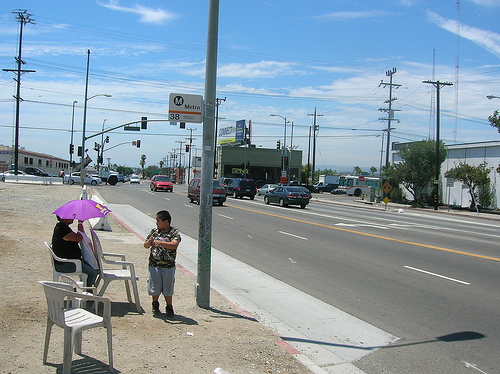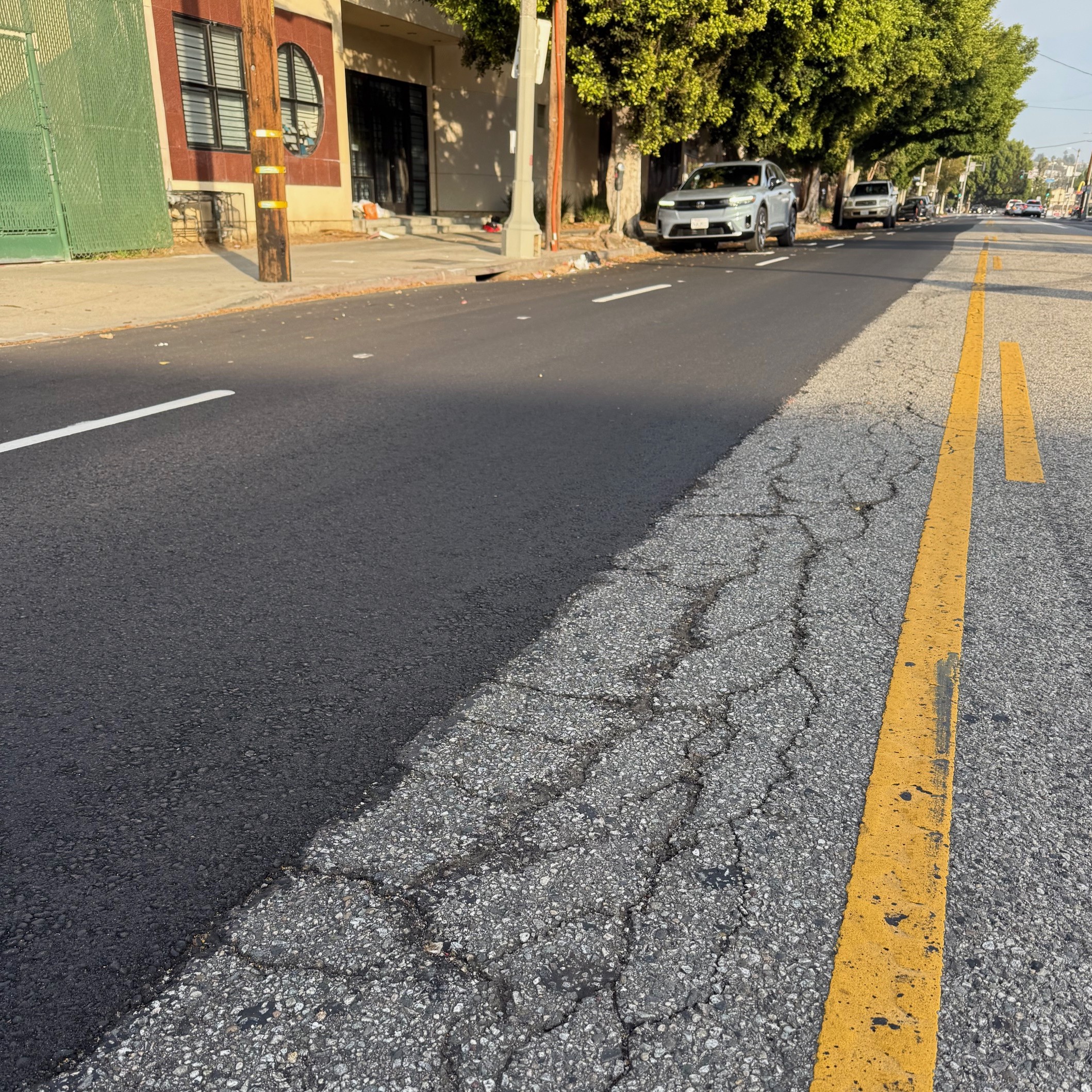Late last week, most likely in response to a report by the Bus Riders Union and their community allies, a letter from Metro CEO Art Leahy dismissing the Civil Rights complaints of the BRU appeared on The Source. The letter basically announced that the Title VI complaints against the agency announced last Spring were dismissed, leading to much cheering from Metro supporters.
While there's nothing in Leahy's letter that is factually incorrect on its own, it paints a picture that the Federal Transit Administration has already ruled that Metro has not violated Civil Rights laws with recent fare increases and bus service cuts. While the FTA may rule that way, they haven't yet.
Here's a timeline of the BRU's complaint and where we are now.
Over the past four years, Metro engaged in a series of fare hikes and service cuts in the name of efficiency and stabilizing the farebox recovery ratio of the agency. Thanks in large part to Measure R, fares on students, people of lower income and the elderly have not gone up as dramatically as they have on other people. Despite a 40% increase in its base fare, with more increases to come, Metro has one of the lower fares in the country. The agency has also cut almost 1 million hours of bus service including many of the "lower performing" routes completely.
In November, the Bus Riders Union wrote the Federal Transit Administration (FTA) asking for a review of Metro's practices under Title VI of the Civil Rights Act of 1964, Executive Order 12898 and Department of Transportation Regulations.
In March, the FTA declined the request but announced that it would conduct an on-site compliance review of the agency. The letter from FTA credited the BRU's complaint to the Civil Rights Department as one reason for the compliance review. This began a split narrative on what the FTA's review actually is. Metro claims its a routine review and that the BRU's complaint was dismissed, which is technically true. The BRU claims that they pointed out a system of decision making at Metro that further disadvantages the disadvantaged. In fact, the BRU trumpeted the announcement of the compliance review in a major press blitz. You car read the FTA's decision letter, available exclusively on Streetsblog, here.
This summer, the investigators came to Metro and interviewed staff, Board Members and other interested parties including the Bus Riders Union. Following their meeting, the BRU submitted a brief on the service cuts passed by the Metro Board since their initial complaint. This was not a second complaint, rather an informational packet submitted to the reviewers.
The Bus Riders Union did not appeal the FTA's decision not to do a Title VI review in addition to the review the FTA is currently undertaking. In their own words,
Our appeal to the FTA was a procedural request, based in the complex FTA guidelines, to shift our role in the review process and did not raise any substantive issues. Likewise, FTA’s decision not to grant this request has nothing to do with the substantive issues we raised in our original complaint.
The people at FTA empowered to speak about these complaints are not available by phone this week, they're at a training conference. Likewise, statement from Metro staff was basically the same as Leahy's letter. The FTA did confirm that the BRU's recent request was procedural and not substantive.
While the two sides in this drama, the BRU and Metro continue to tell different stories, (the BRU is acting as though this is the major transit story of the year, Metro is acting like it's routine) there's no escaping that the last chapter will be written by the FTA. Their final report isn't due out until the end of this year at the earliest, and it will quickly become apparent which version of this story is correct.
As soon as we hear anything on the FTA's decision, we'll let you know.







